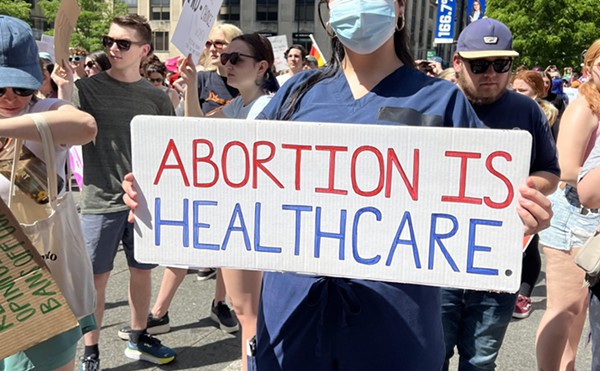With a temporary boost to the federal food stamp program coming to an end this November, more than 1.8 million Ohioans — 16 percent of the state’s population — will receive significantly less food aid, according to an Aug. 2 report from the
Center on Budget and Policy Priorities
(CBPP).
The report calculates that the cut is the equivalent to taking away 21 meals per month for a family of four. After the cut, the food stamp program will provide each person with less than $1.40 per meal, according to CBPP’s calculations.
Citing research from the USDA that shows many low-income families still fail to meet basic standards for food security, CBPP says the cuts will hit families that arguably need more, not less, help: “Given this research and the growing awareness of the inadequacy of the current SNAP (Supplemental Nutrition Assistance Program) benefit allotments, we can reasonably assume that a reduction in SNAP benefit levels of this size will significantly increase the number of poor households that have difficulty affording adequate food this fall.”
Although the federal food stamp program has been cut before, it’s never been cut to this extent, according to CBPP. “There have been some cuts in specific states, but these cuts have not typically been as large or affected as many people as what will occur this November,” the report reads.
The reductions could also have a broader economic impact: Every $1 increase in food aid generates about $1.70 in economic activity, according to progressive think tank Policy Matters Ohio.
“Ohio’s foodbanks and hunger charities cannot respond to increasing hunger on their own,” said Lisa Hamler-Fugitt, executive director of the Ohio Association of Foodbanks, in a statement released by Policy Matters. “SNAP takes Ohioans out of our food pantry lines and puts them into grocery store checkout lines. It provides supplemental food to the most vulnerable among us. Now is not the time to further reduce this already modest assistance to struggling families.”
About 48 percent of Cincinnati children are in poverty, according to a 2011 study from the National Center for Children in Poverty. Despite that, city funding to human services that benefits low-income families has been cut throughout the past decade. CityBeat covered that issue in greater detail
here
.
The cut to the federal food stamp program kicks in automatically in November instead of the original April 2014 sunset date as a result of laws passed in 2010 by President Barack Obama and Congress. Obama and congressional Democrats are now urging legislation that would remedy the situation, but it’s unlikely anything will pass the gridlocked Congress.
Republicans are preparing a bill that would further cut the food stamp program, which they see as too generous and expensive. From
Fox News
: “Reps. Marlin Stutzman of Indiana and Kristi Noem of South Dakota, two Republicans who helped design the bill, said the legislation would find the savings by tightening eligibility standards and imposing new work requirements. It would also likely try to reduce the rolls by requiring drug testing and barring convicted murderers, rapists and pedophiles from receiving food stamps.”




